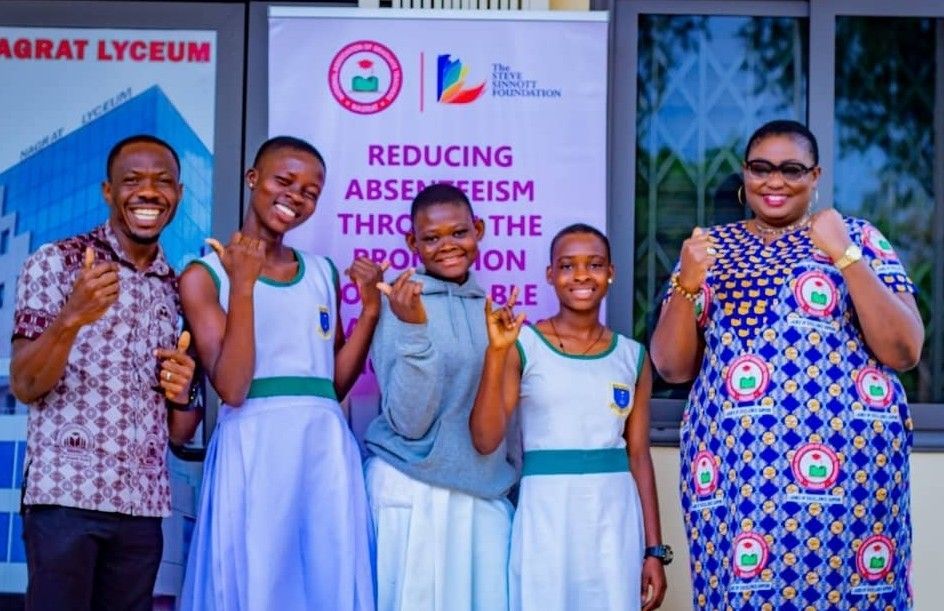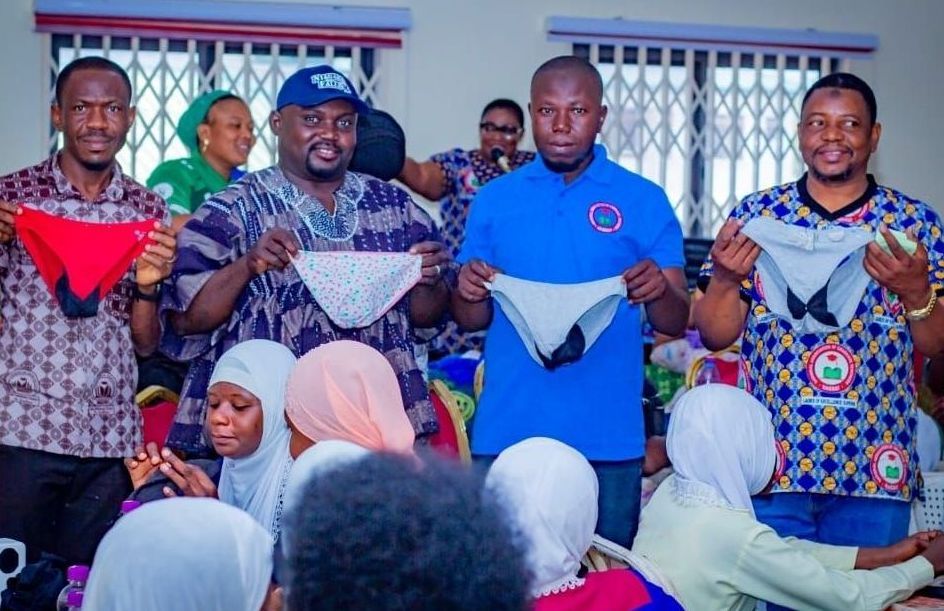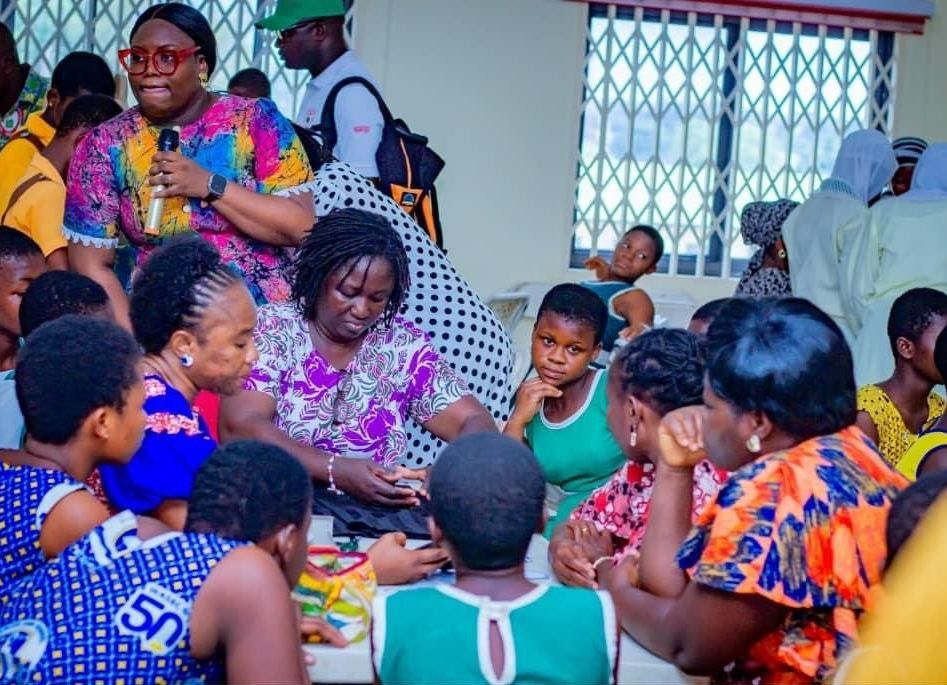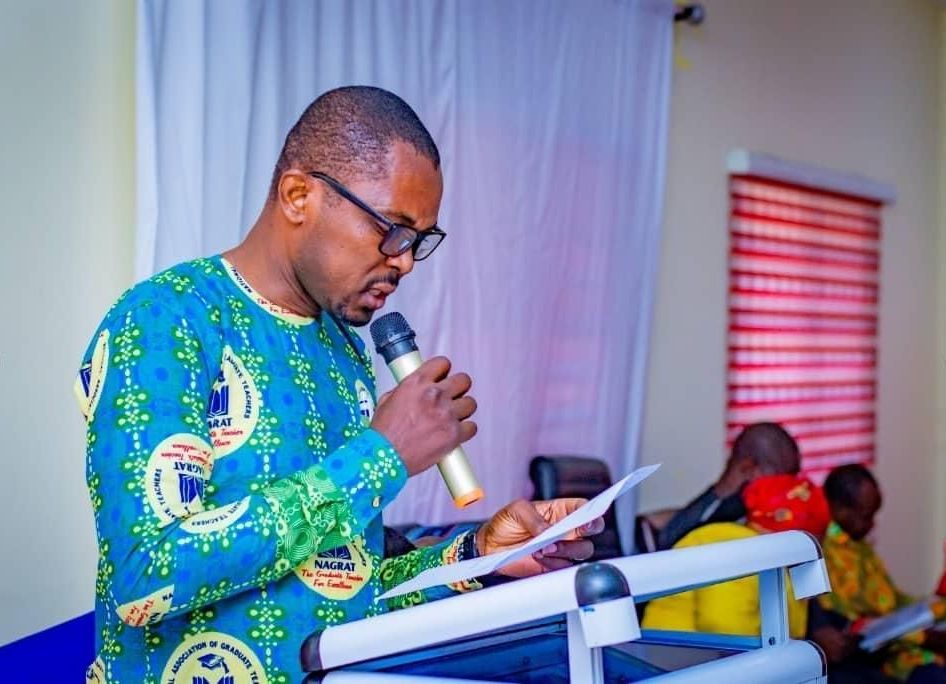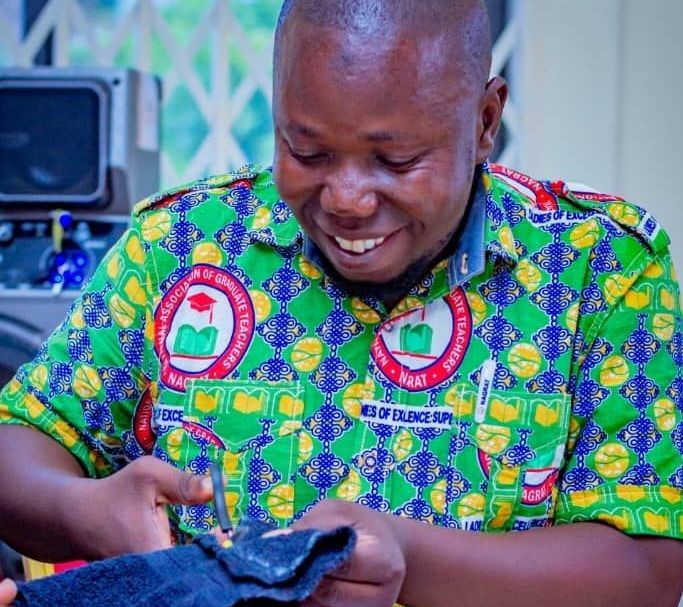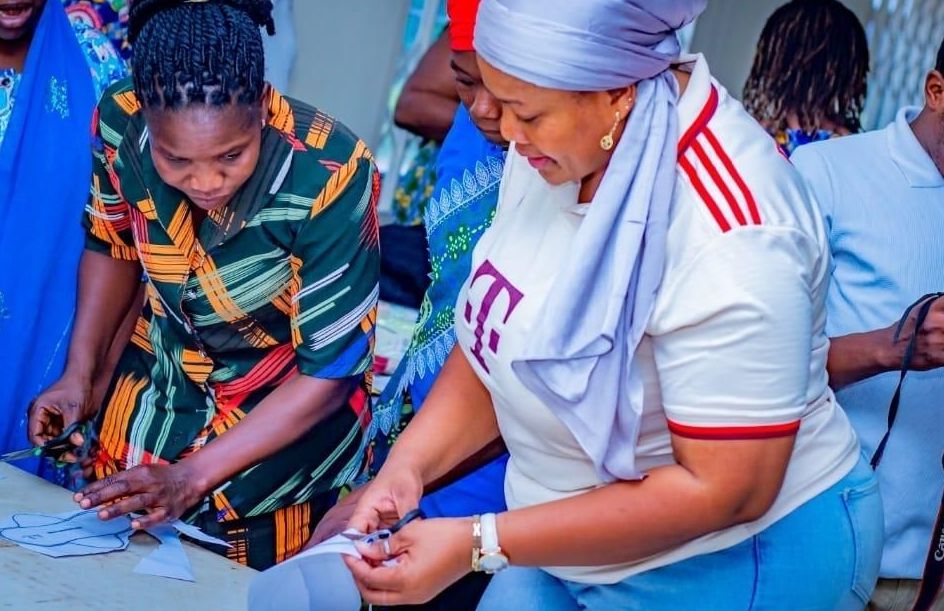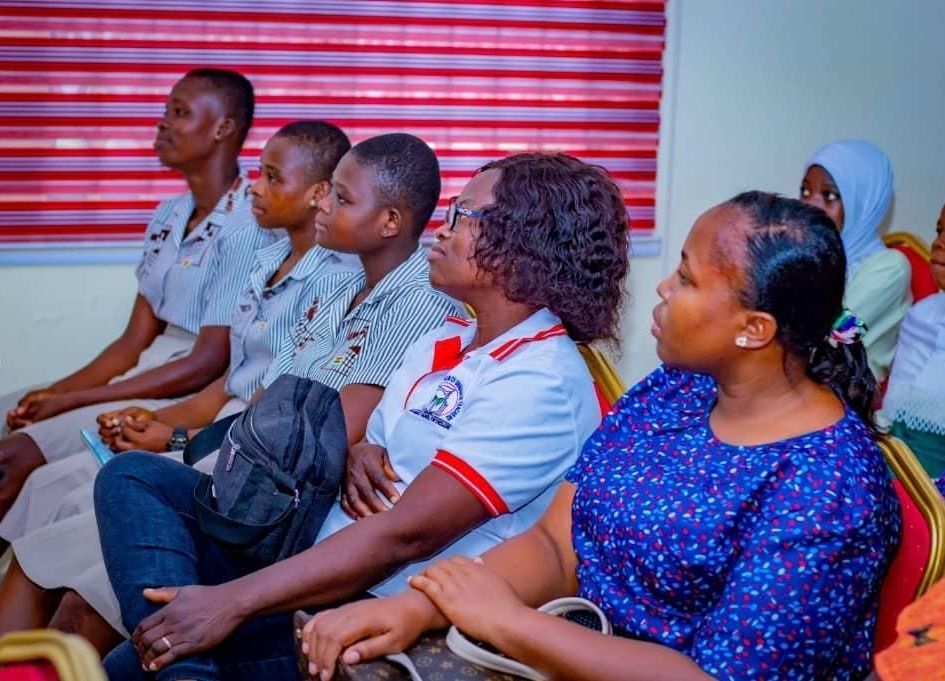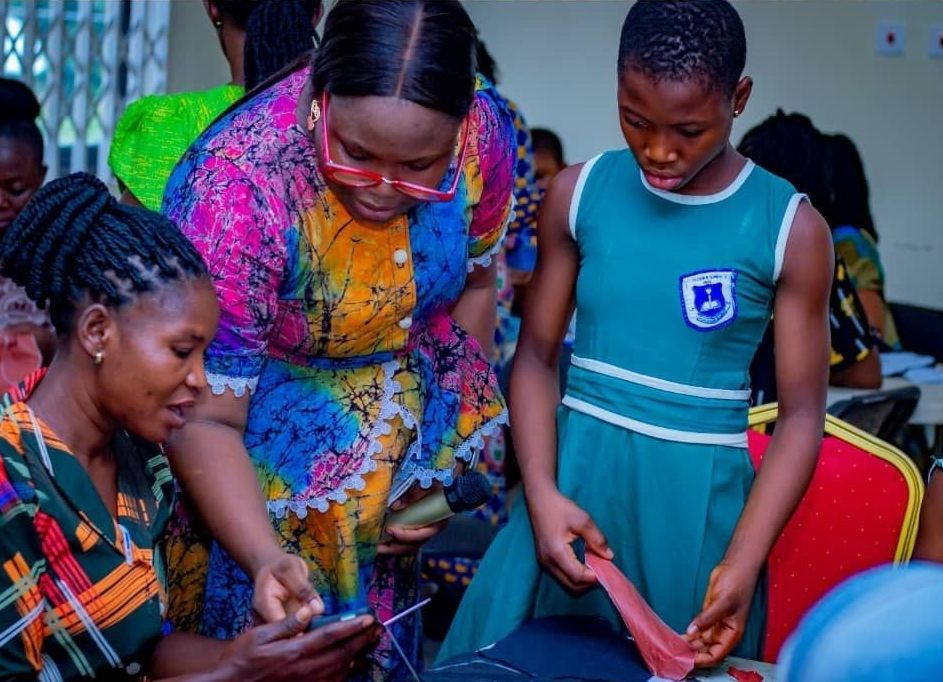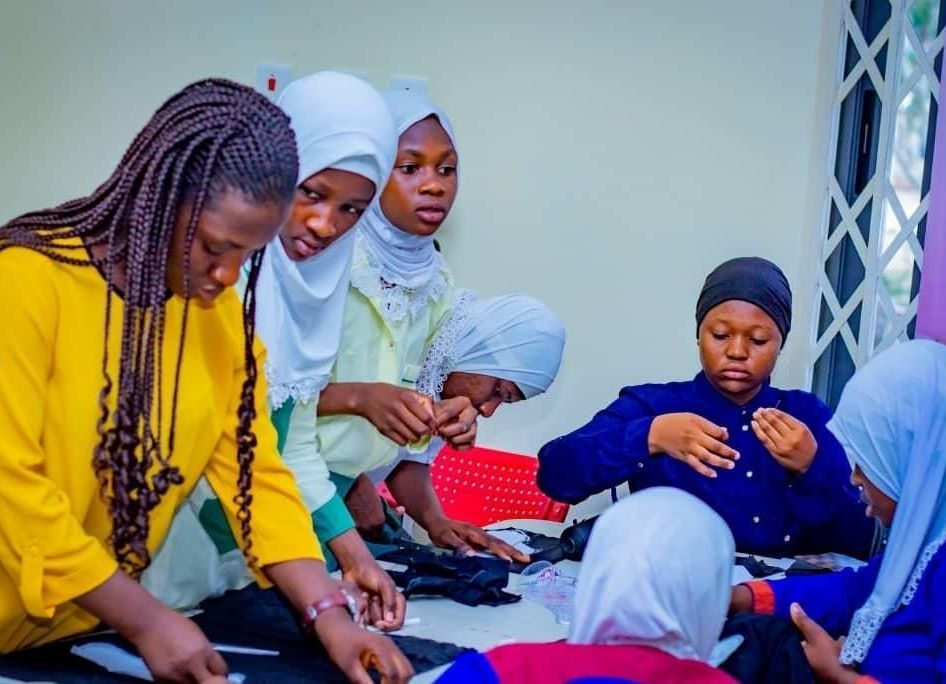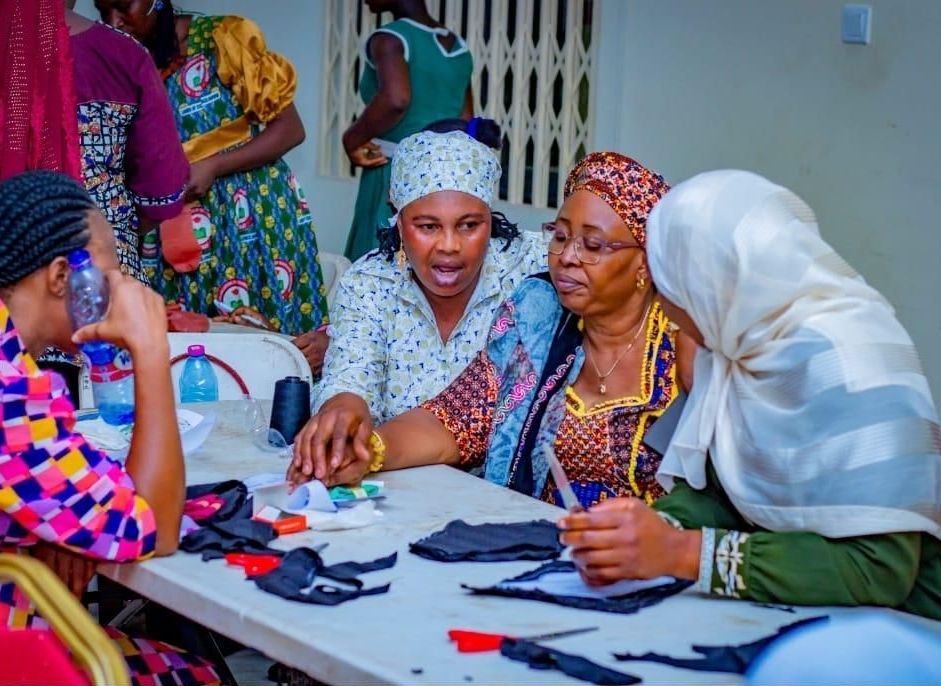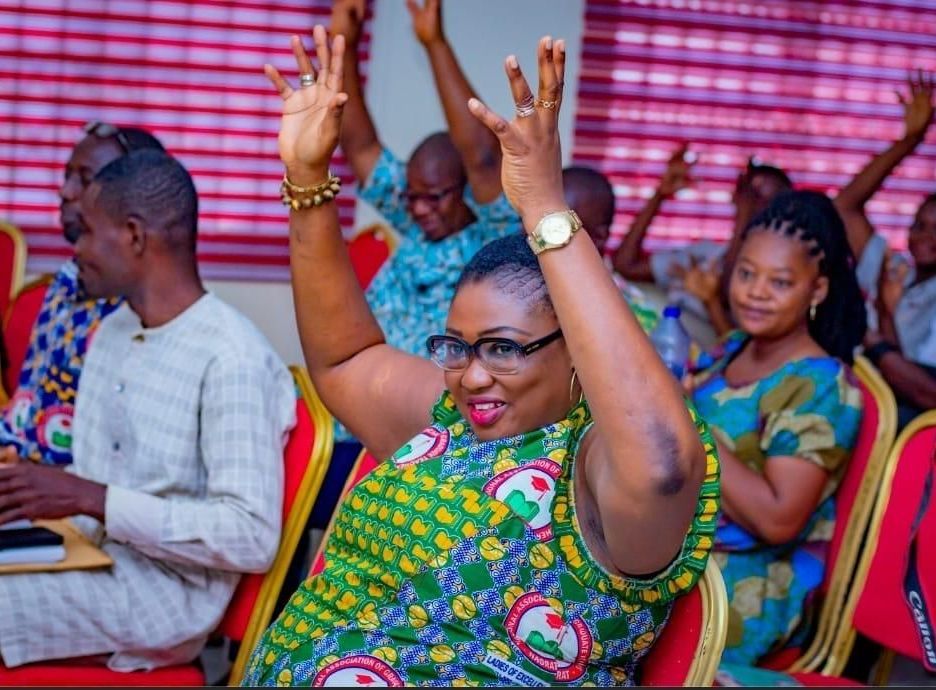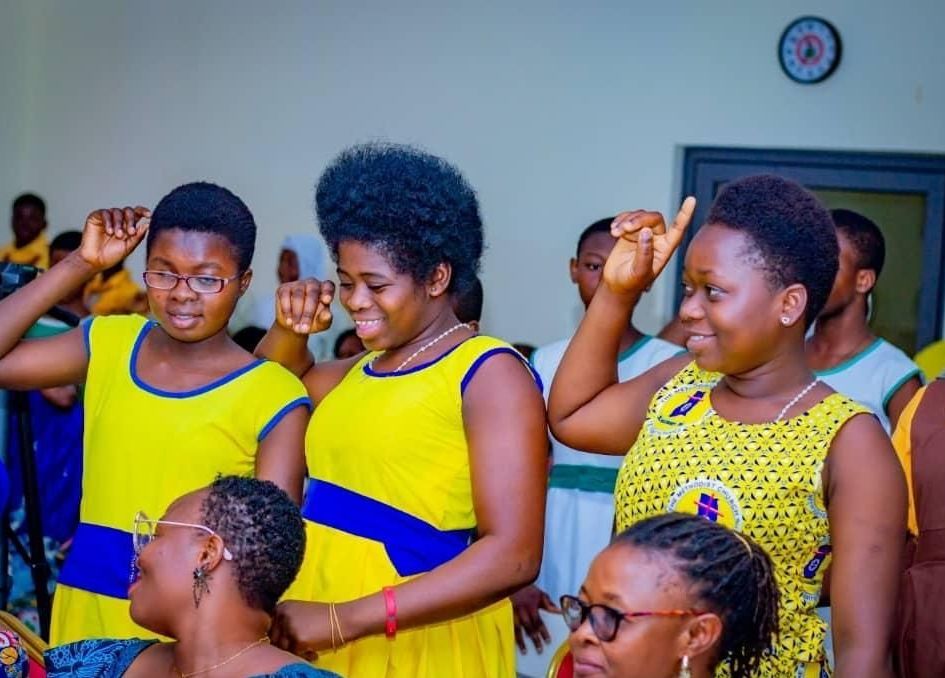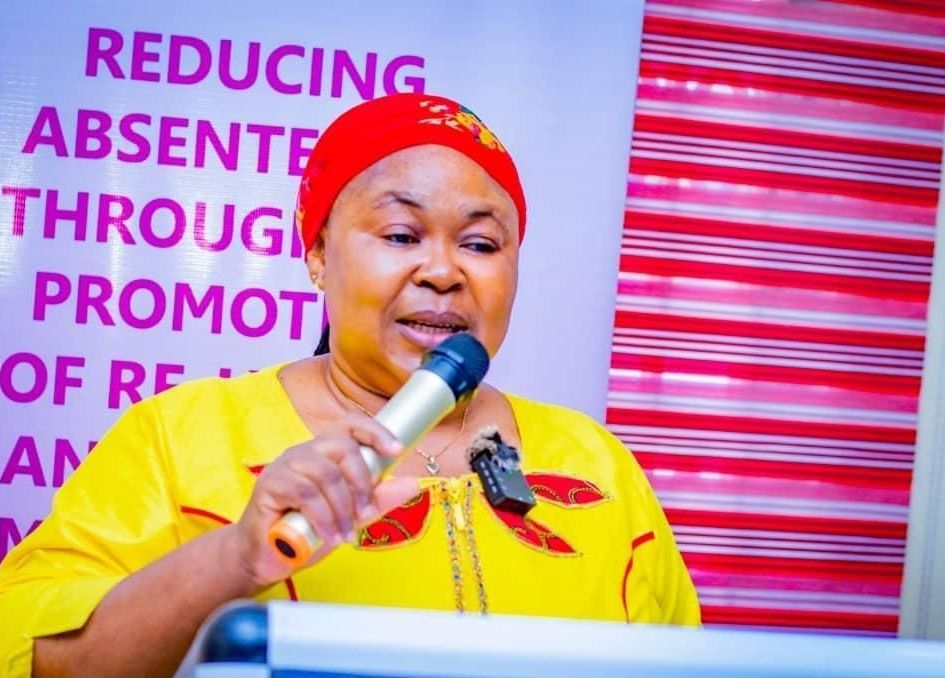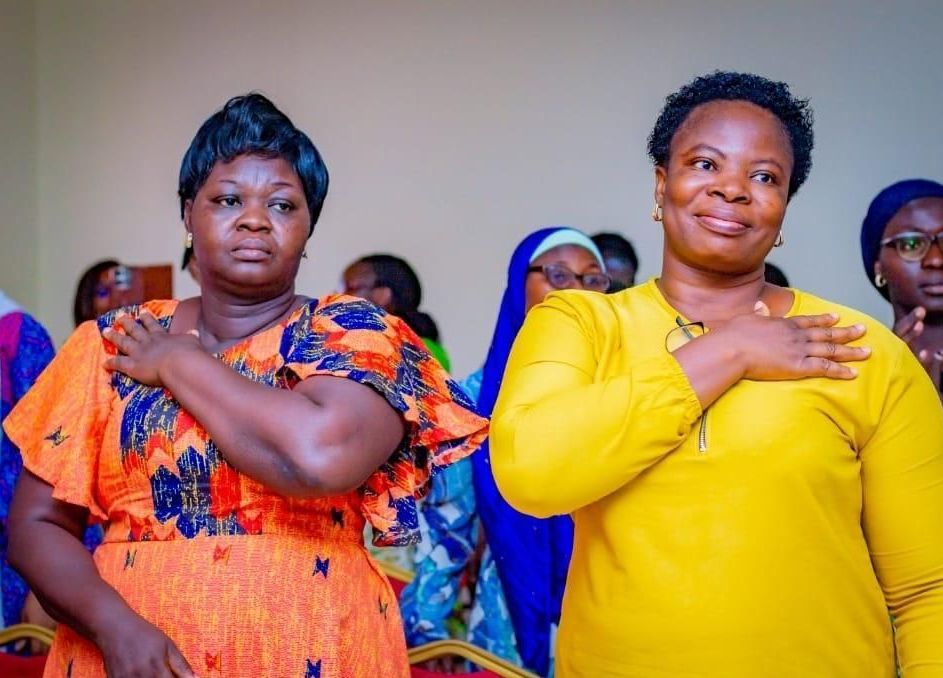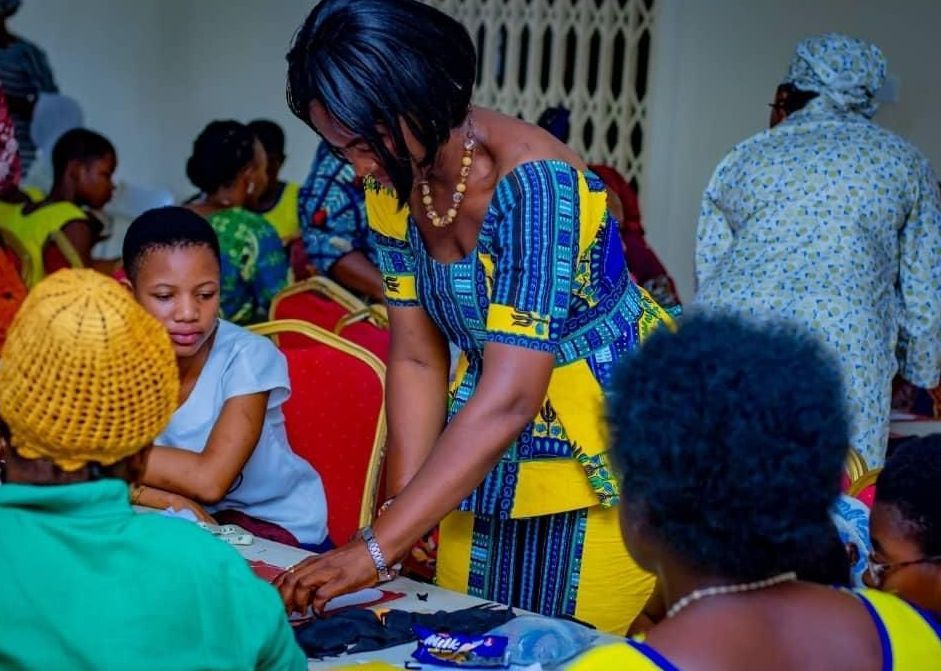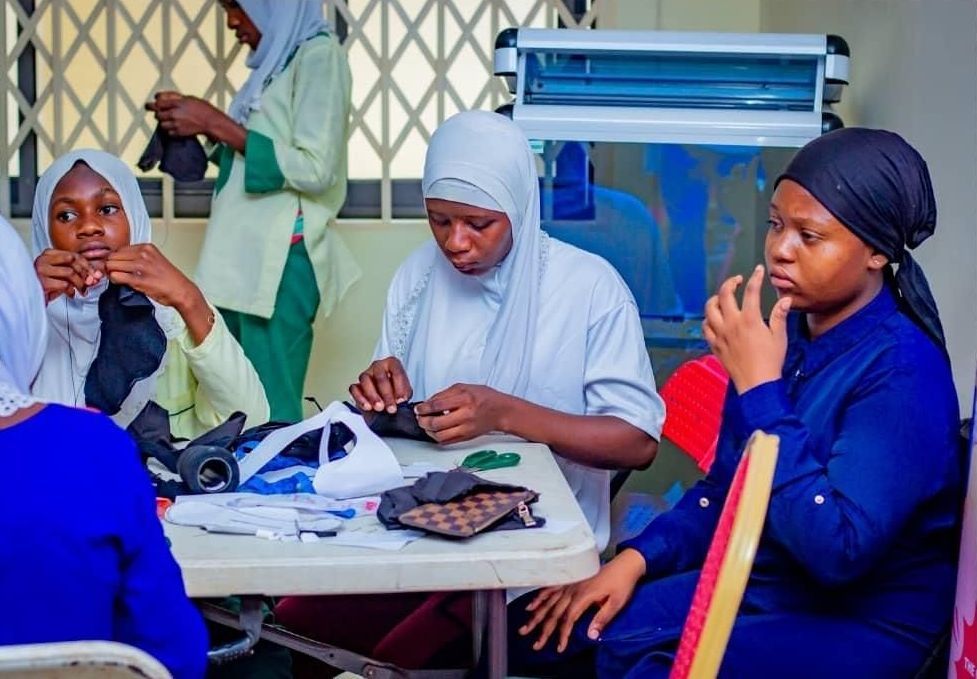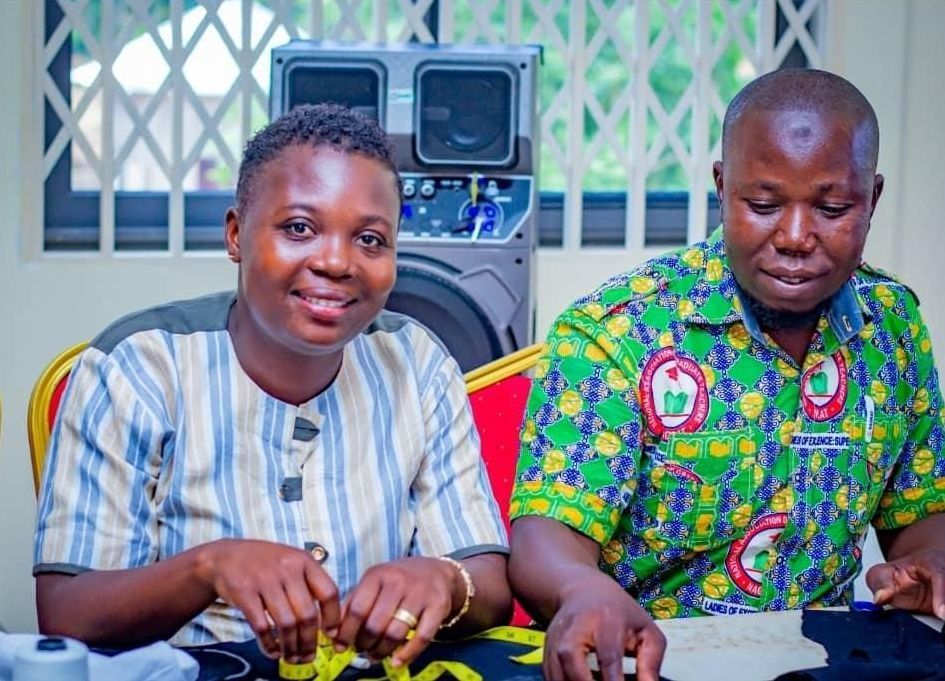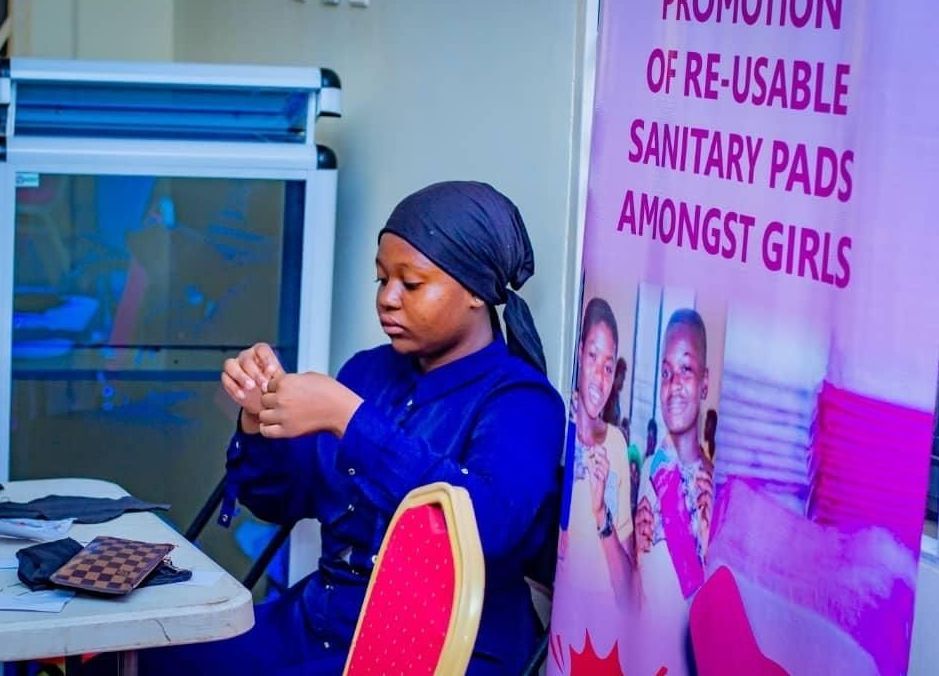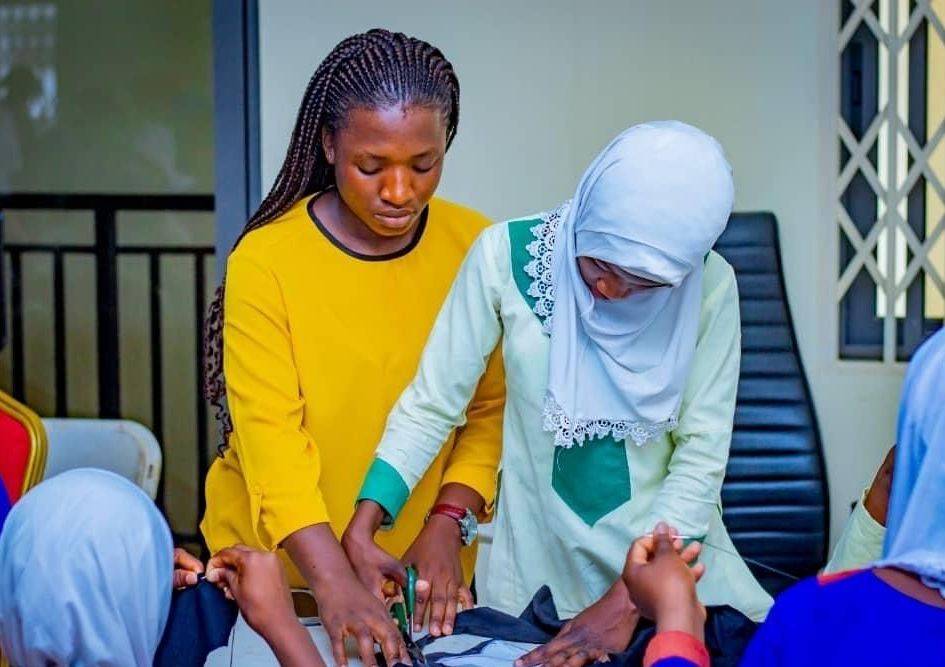NAGRAT train girls to produce reusable Period Pads
The training began on Monday, March 10, 2025 and targeted selected female and male teachers and schoolgirls across the Wa Metropolitan area. The aim is to reduce school absenteeism among girls due to menstruation.
Rebecca Ocran Abaidoo, the National Gender Desk Coordinator of NAGRAT, highlighted the importance of the training and advised the girls against trading their bodies for sanitary pads.
“Nobody has the right to touch our bodies. We must stand firm and say, ‘Don’t touch me’. Just as a male teacher would not allow anyone to molest his daughter, we must refuse to be perpetrators of this crime,” she stated.
She encouraged participants to take the training seriously in order to gain necessary knowledge and skills. Harrun Ussfi Kadiri, the Upper West Regional Chairman of NAGRAT, emphasized that menstrual health is a crucial aspect of well-being, yet it is often surrounded by silence, misinformation and barriers to proper care.
He added that this training would help change that mentality by equipping girls with the skills and confidence to make their own reusable pads. “It must be noted that Upper West is the second of the 16 regions to host this training, and we commend the support and efforts of NAGRAT and the Steve Sinnott Foundation,” he stated.
Razak Korah, the Upper West Regional Director of Education, mentioned that the training will help improve menstrual hygiene management, reduce the risk of reproductive tract infections and increase school attendance and retention rates among girls. He also noted that it will enhance the dignity and self-esteem of girls and women. “Unfortunately, many of our girls and women lack access to affordable and hygienic menstrual products, which leads to absenteeism, discomfort and embarrassment in our schools,” he remarked.
The beneficiaries expressed their gratitude to NAGRAT and the Steve Sinnott Foundation for their tireless efforts in organising such a valuable training program.
Rebecca told us that the training was invaluable and that everyone was included. Students from Wa School for visual impairment composed a song at the end of the School Related Gender Based violence training to share with other schools and communities.
There is still much work to be done as we were overwhelmed with numbers of participants on the second day as many who were not invited came and we could not turn them away.
All of the participants were engaged and enjoyed the training. We are making an impact by working together. Thank you to the Steve Sinnott Foundation for working in partnership with us.




